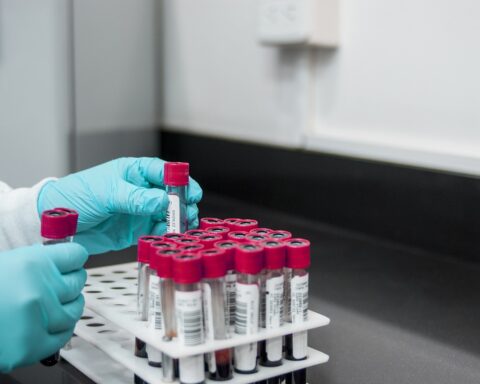Broken maybe, but not beyond repair. In an industry that has not necessarily been recognised for being agile, we are beginning to see some tangible changes in the way clinical trials are being designed and conducted. Much of that has to do with the advancement of technology to reduce time, cost and increase the patient retention. Yet there also remains challenges when it comes to project management. Here we bring you key steps to take to ensure clinical trial success.
1. Review Regulatory Requirements
The inability to meet criteria and deadlines set out by the FDA/EMA and local regulators can be a common cause for delay or failure in a clinical trial. Responses provided by the regulator can often be accidentally neglected. A good example is the mandate that toxicology screenings must be done in at least two animal species, or that a drug must have undergone synthesis and evaluation by methods anticipated for commercial use.1 If a company moves on to clinical development and has failed to meet these requirements, it can jeopardise their chances of approval at a later phase or a complete rejection of the drug. A key to success is to invest the time and resources necessary to review all regulatory requirements at the planning stage carefully.
2. Review Development Protocol
A clinical trial’s success hangs upon the people participating in it. That means understanding as much as possible about those patients. From developing the clinical trial design to gathering the patient outcomes, it all requires patients to be fully involved and motivated to work with the clinical trial team. And yet trial projects usually have only three to six weeks to come up with the protocol How are those involved supposed to better understand patients and their needs while spending the same amount of time on the same feasibility procedure from 10 years ago?2
More research needs to be done to understand how to shift the focus onto the patient. Research like that from a joint venture from FindMeCure and HealthUnlocked which explored opinions of patients about clinical trials. The researchers categorised the different types of people on their journey of becoming clinical trial participants. The objective was to allow the industry to build better and more meaningful strategies on how to involve patients in the study. Too often it’s a one size fits all message which lacks speaking to the right person at the right moment. For example the research found that 93% of patients who were ineligible during their first screening visit were never offered another option.3 The communication stopped here regardless of the fact that ineligibility could change within a matter of weeks.
3. Capture Data Accurately
Capturing accurate and timely data is one of the critical elements of a successfully run clinical trial. Selecting the right Clinical Trial Management System will help eliminate issues with the planning, performance and preparation. There is also a growing realisation to focus on electronic data capture (EDC) implementation, as more and more pharma and biopharma sponsors start to recognise the potential opportunities that exist with EDC-CTMS integration.4 These systems can help achieve maximum efficiency when it comes to entering data, structuring a database and conducting analysis for clinical trials. They provide the tools and the process infrastructure necessary to achieve the required data quality, as well as process scalability.5
4. Virtual Trials
For a more patient-centric trail, virtual trials are an appealing solution. For example Science 37, a Los Angeles-based research and technology company, has partnered with both Sanofi and Otsuka to further the virtual trial journey. Science 37 uses their Network Oriented Research Assistant (NORA) to compete in the virtual trial space. NORA is 21 CFR Part 11 compliant and enables patients to participate remotely.6
To read the whole article, please download from https://bit.ly/2QjFhpF.
References
- 1 www.clinicalleader.com/doc/why-do-most-clinical-trials-fail-0001
- 2 www.clinicalleader.com/doc/improve-clinical-trial-design-by-getting-to-know-potential-participants-0001
- 3 Ibid
- 4 www.pharma-iq.com/clinical/articles/realizing-the-promise-of-electronic-data-capture
- 5 Ibid
- 6 www.pharma-iq.com/clinical/articles/the-life-of-a-virtual-clinical-trial-participant








